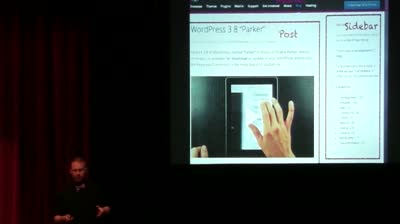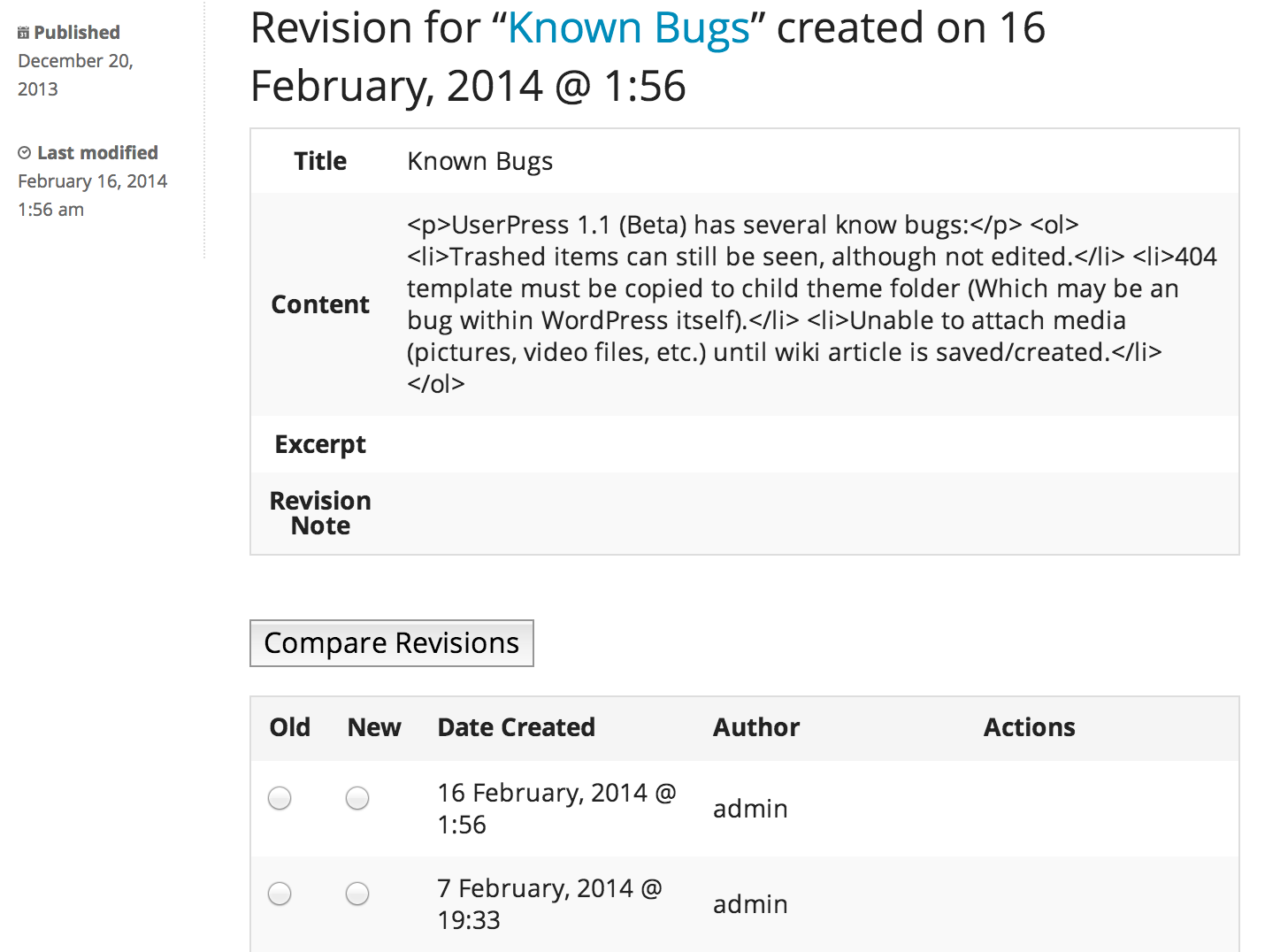
photo credit: marc falardeau – cc
PropsPress is an inspirational WordPress site that publishes posts, recognizing code contributed to the WordPress core. The site uses IFTTT to monitor the changesets from the wordpress.org trac system and re-publishes the commit messages with “props” to recognize the folks who worked on the code.
WordPress developer Kurt Payne created the site with a desire to illustrate how WordPress is built through the combined efforts of many people. “PropsPress was a fun pet project I started a long time ago when I first got involved in WordPress contributions,” he said. “I thought it would be fun to have a central place to have a call-out whenever a piece of code was contributed.”
Why PropsPress?
When Payne first set up PropsPress, he wanted to highlight contributions in order to inspire more people to get involved in core contributions:
When I first started contributing (July 2011 or so), the core group felt pretty small and it was difficult to get people contributing. I perceived a problem of too much work (too many trac tickets, too many things needed testing), and too little knowledge (too few core members had the right knowledge of how to use trac / WordPress).
Since that time, however, WordPress has added several new committers and has made great strides in making contribution more accessible vai the Core Contributors Handbook.
“Overall, WordPress is a much friendlier place for contributors,” Payne said, which he attributed to the recent trac re-organization and refresh, as well as the addition of new group leads to help facilitate communication and representation.
Meanwhile, PropsPress has been quietly tweeting out props and publishing commit messages. “I was hoping to augment what WordPress was already doing with ‘recent rockstars’ but on a more regular basis,” Payne said. “I didn’t know where it would go, so I kinda let it bake.”
A New Direction for PropsPress
Payne is unsure as to whether PropsPress actually moved the needle to inspire more contributions to WordPress but he’s looking to use the website as a way to give back to the community. He’s got a few ideas to add stats tracking for all forms of WordPress contribution:
Codex contributions, support in irc / forums, ticket contributions (gardening, testing), translations, monetary donations, etc. This is all in addition to the code contributions. I think these would be fantastic to track.
Ideally, Payne would like to be able to show a range of individual stats, including:
- Number of submitted patches
- Number of accepted contributions
- Number of ticket touches
- Pie chart of JS / PHP / HTML
- Pie chart of unit tests vs. core code
Payne says the idea is more for recognition and encouragement than for competition. He has reservations about adding too much gamification. “It can be dangerous to gamify it too much because then it can become less about the altruism and more about the game.”
He hopes to backfill PropsPress to put each post in a tag for the users who are props’d so that the props would be queryable using WordPress taxonomies. Another interesting addition that he’d like to bring is a per-release total of “core committer code” vs “props code” in a stacked graph. “The hope is that the props code, in aggregate, is trending up!” he said.
One fun idea he has is to see WordPress identify “commit-anniversaries” and celebrate them, too.
This is easy to automate and is already celebrated on Twitter manually. Imagine if you woke up to ’1 year ago, your code was pulled into WordPress 3.6. Thank you!’ with a link to the ticket. That’s something you can retweet and that’s something that people can get excited about.
Some of these ideas have been included in past WordPress community discussions on WordPress stats, though it may not be possible to easily access this information at this point in time.
Payne said that he would love to work on this project again but he needs help. “As you can tell, I have big vision and little time. Some suggestions from the leaders in the community would help set the direction.”
The Value of Knowing Where Contributions Come From
Payne believes that changes to PropsPress can help provide more information on where WordPress contributions come from, with the ultimate goal of improving the contribution experience. He poses a few examples:
What if WP knew that 90% of its code came from 10 people, and the other 10% came from 100 people … that’s good to know. Or what if I told you that 80% of contributors were one-time contributors only? That’s a totally made up number, but that type of metric is actionable. You can go find those one time contributors and do deep dives into their contribution experiences to find out why they aren’t contributing again.
Payne is open to ideas and suggestions from the community to improve PropsPress. What do you think about the concept of the site? Does it serve a valuable purpose?
by Sarah Gooding at March 07, 2014 11:50 PM under wordpress stats


































 Every year
Every year 






